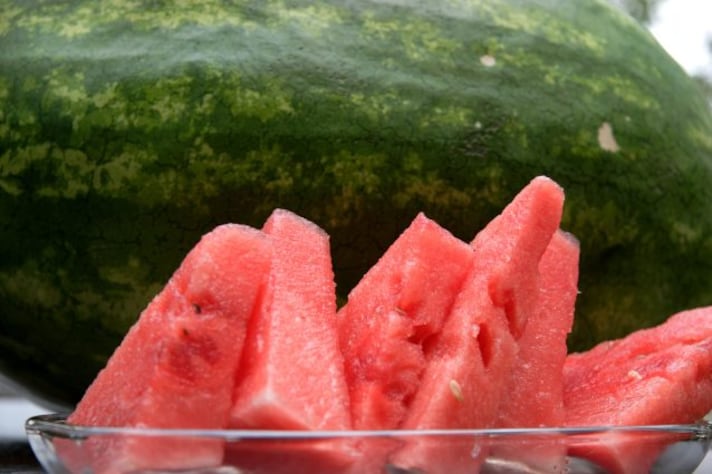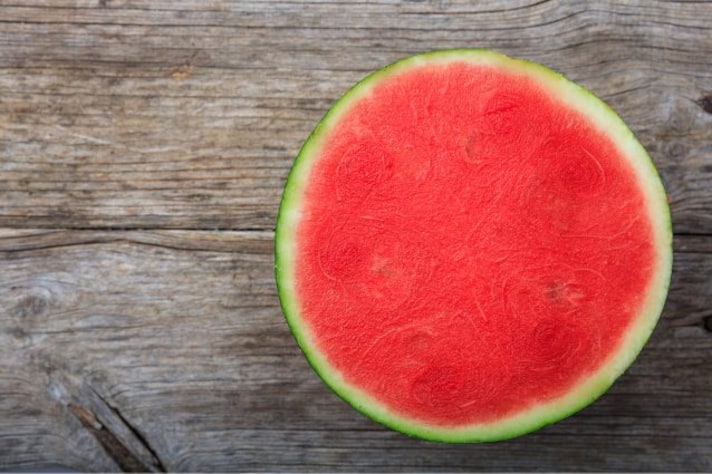
When indulging in a juicy slice of watermelon, one of the most annoying parts can be dealing with the little seeds. Whether you're spitting them out or meticulously scooping them with a fork and knife, seeds can be a hassle. Although perfectly safe to eat, some people simply dislike the texture or worry about choking hazards for young kids. Enter seedless watermelons, seemingly a perfect solution to these minor inconveniences. But before you declare them a summer miracle, let’s pump the brakes. Seedless watermelons may appear innocent, but they’re actually hiding some sinister secrets. Here’s why you should avoid them.
You'd Be Missing Out on a Lot of Nutrients
Watermelon seeds are tiny powerhouses of nutrients. Packed with protein, healthy fats, magnesium, and iron, they are far from useless. When you opt for seedless varieties, you miss out on these hidden benefits. Think of them as nature's little health supplements. By choosing seedless watermelons, you’re essentially eating a watered-down version of this superfruit. So, while they may be easier to eat, you're sacrificing a lot of the nutritional value that makes watermelons so beneficial. It's like choosing a donut over a protein bar—tempting, but not the best choice.

Seedless Watermelon Are No More Than a Genetic Mutation
Seedless watermelons are not a natural phenomenon; they are a product of genetic manipulation. To produce them, farmers crossbreed watermelons with different chromosome counts, resulting in sterile fruit that can't produce seeds. While this might sound like a clever workaround, it’s actually a deviation from nature's course. Nature designed fruits with seeds for a reason: to reproduce and continue the cycle of life. By tampering with this natural process, we’re prioritizing convenience over sustainability. It’s like giving Mother Nature a makeover she never asked for, and it rarely ends well.
This Variety Also Tastes a Bit Bland
Have you ever noticed that seedless watermelons sometimes taste a bit bland? That’s not just your imagination. Seeds play a crucial role in the development of a fruit's flavor profile. Without them, the watermelon lacks the full spectrum of sweetness and complexity that its seeded counterpart boasts. While seedless options might look perfect, they often fall short in the taste department. It’s like expecting a blockbuster and getting a low-budget knockoff. So, if you’re a true watermelon connoisseur, stick with the seeds for that authentic, juicy burst of flavor.

You're Not Being Very Kind to The Environment
The production of seedless watermelons involves more than just a clever breeding technique; it also has a significant environmental footprint. The process requires more resources, such as water and fertilizers, to compensate for the plant's inability to reproduce naturally. This increased demand contributes to a larger carbon footprint and strains on natural resources. In a world increasingly conscious of sustainability, choosing seedless watermelons is like opting for a gas-guzzling SUV over a fuel-efficient hybrid. It’s a small choice that can have big environmental repercussions.
;Resize,width=767;)
